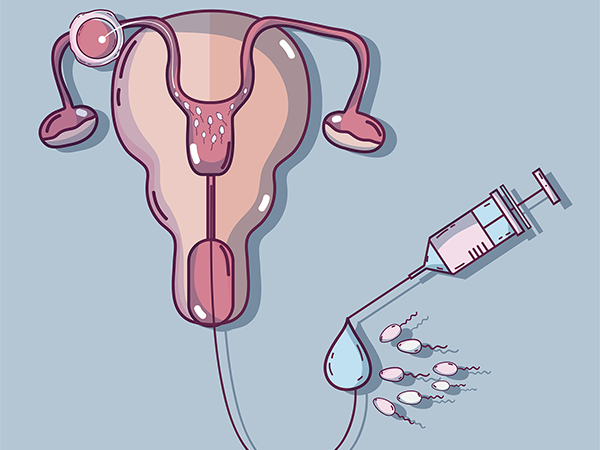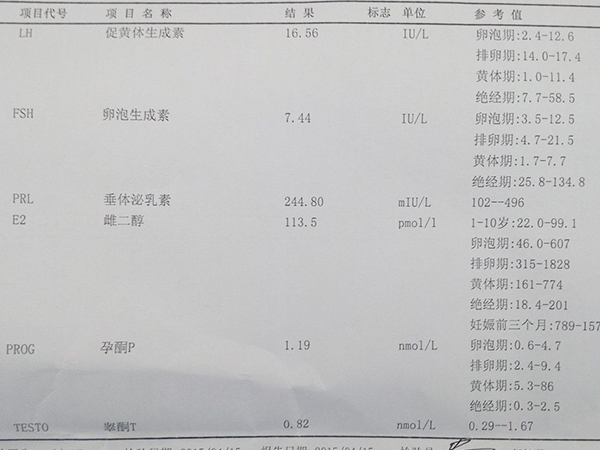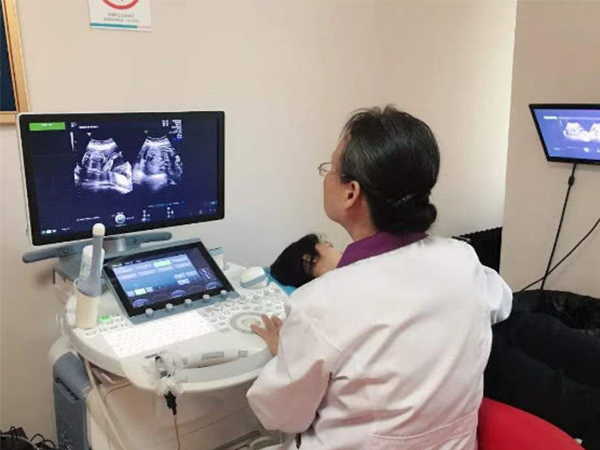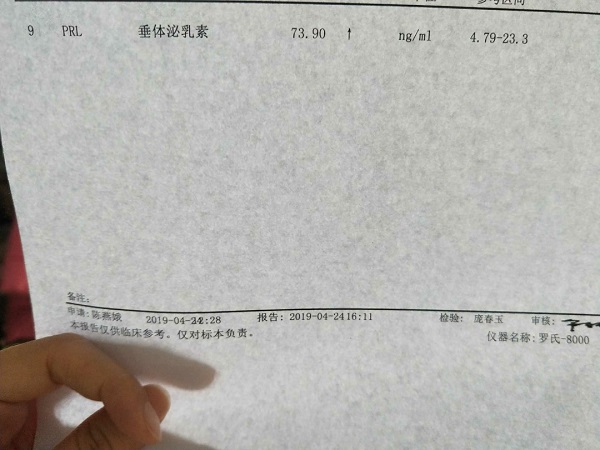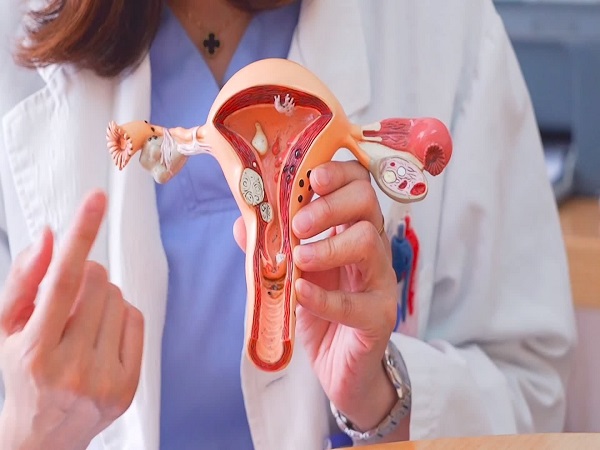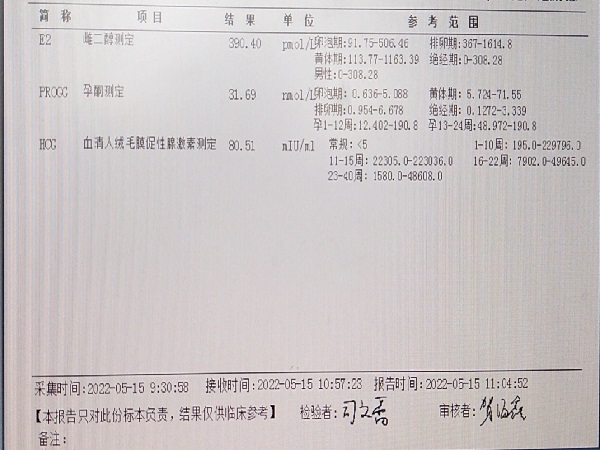The Challenges of Assisted Reproduction in Chongqing Amidst the COVID-1九 Pandemic
Amidst the backdrop of the COVID-1九 pandemic, the process of assisted reproduction in Chongqing faces multifaceted challenges. In this article, we delve into the various aspects of navigating the landscape of assisted reproduction in Chongqing amidst the pandemic, shedding light on the hurdles faced and potential strategies to overcome them.

---
1. Impact on Medical Facilities and Resources
The surge in COVID-1九 cases strains medical facilities, redirecting attention and resources away from non-emergency procedures such as assisted reproduction treatments. As hospitals prioritize pandemic response, individuals seeking fertility treatments encounter delays and cancellations, exacerbating an already emotionally taxing journey.
---
2. Psychological Strain on Prospective Parents
The uncertainty surrounding the pandemic amplifies the psychological strain on prospective parents undergoing assisted reproduction. Fear of contracting the virus, coupled with the anxiety of treatment delays or interruptions, heightens stress levels. Emotional support and counseling become imperative to navigate these turbulent times.
---
3. Economic Implications
The economic fallout of the pandemic poses financial challenges for couples pursuing assisted reproduction. Job losses, pay cuts, and increased medical expenses strain finances, making fertility treatments financially unattainable for many. Government subsidies or financial aid programs may provide relief but are often insufficient.
---
四. Disruption of Treatment Protocols
Strict lockdown measures and travel restrictions disrupt treatment protocols, hindering access to necessary medications and procedures. Patients may struggle to adhere to medication schedules or attend crucial appointments, jeopardizing the success of their fertility treatments. Flexible alternatives such as telemedicine consultations alleviate some disruptions but may not fully replace in-person care.
---
5. Ethical Considerations
The pandemic raises ethical concerns regarding the allocation of limited healthcare resources. As hospitals prioritize COVID-1九 patients, the allocation of resources for assisted reproduction treatments becomes contentious. Balancing the needs of infertility patients with the demands of pandemic response requires careful ethical deliberation and transparent co妹妹unication.
---
6. Future Outlook and Adaptation
Navigating the challenges of assisted reproduction in Chongqing amidst the COVID-1九 pandemic necessitates adaptability and resilience. Collaborative efforts between healthcare providers, policymakers, and patients are crucial to mitigate the impact of the pandemic on fertility treatments. Embracing innovative solutions such as virtual support groups, home monitoring kits, and streamlined treatment protocols can enhance accessibility and continuity of care.
---
Conclusion: Navigating Uncertainty with Resilience
In conclusion, the COVID-1九 pandemic poses significant challenges for individuals undergoing assisted reproduction in Chongqing. From logistical hurdles to emotional distress, navigating this journey amidst a global crisis is undeniably daunting. However, by fostering resilience, fostering support networks, and embracing innovation, prospective parents can overcome these challenges and realize their dreams of parenthood. As we look towards the future, it is imperative to prioritize the needs of infertility patients and ensure equitable access to fertility treatments amidst evolving healthcare landscapes.
其他类似经验
- 399 浏览
- 392 浏览
- 382 浏览
- 381 浏览
- 372 浏览
- 2025-06-29
- 2025-06-29
- 2025-06-29
- 2025-06-29
- 2025-06-29
任何关于疾病的建议都不能替代执业医师的面对面诊断,请谨慎参阅。本站不承担由此引起的法律责任。
免责声明:本站上所有内容均出于传递更多信息之目的,并不意味着赞同其观点或证实其描述。


